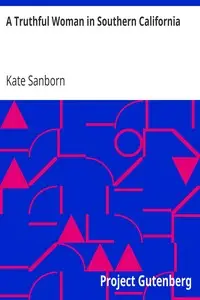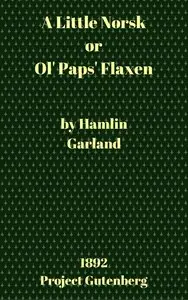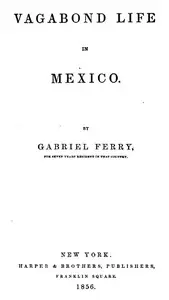"The House on the Beach: A Realistic Tale" by George Meredith is a novel written in the late 19th century. The story seems to focus on the quirky character of Mr. Tinman, a newly minted esquire struggling with his social status and the intricacies of local relationships in the coastal town of Crikswich, as well as his aspiration to rise in social hierarchy. His eccentricities and ambitions appear to serve as both comic relief and poignant commentary on class and social structures of the time. The opening of the book paints a vivid picture of Mr. Tinman's life and his ambitions after retiring from a successful shopkeeping career. It describes his daily rituals, including a humorous episode where he purchases herrings for dinner, while we learn about his complex relationships with his sister and the other townsfolk. The narrative hints at burgeoning conflicts concerning social status, personal pride, and romantic aspirations, setting the stage for interactions with other characters like Mr. Van Diemen Smith and the arrival of Annette Smith, who is poised to become an essential player in the developing social dynamics. Overall, the beginning establishes Mr. Tinman's ambitions and anxieties, suggesting that humor and human error will be central themes as the story unfolds. (This is an automatically generated summary.)

The House on the Beach: A Realistic Tale
By George Meredith
"The House on the Beach: A Realistic Tale" by George Meredith is a novel written in the late 19th century. The story seems to focus on the quirky char...
George Meredith was an English novelist and poet of the Victorian era. At first, his focus was poetry, influenced by John Keats among others, but Meredith gradually established a reputation as a novelist. The Ordeal of Richard Feverel (1859) briefly scandalised Victorian literary circles. Of his later novels, the most enduring is The Egoist (1879), though in his lifetime his greatest success was Diana of the Crossways (1885). His novels were innovative in their attention to characters' psychology, and also portrayed social change. His style, in both poetry and prose, was noted for its syntactic complexity; Oscar Wilde likened it to "chaos illumined by brilliant flashes of lightning". Meredith was an encourager of other novelists, as well as an influence on them; among those to benefit were Robert Louis Stevenson and George Gissing. Meredith was nominated for the Nobel Prize in Literature seven times.












